Alcohol Dependence and its Relationship with Insomnia and Other Sleep Disorders PMC
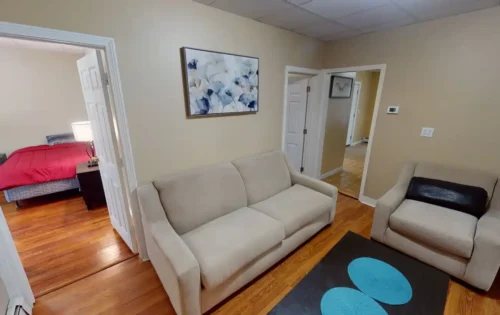
Most people’s sleep patterns gradually improve in the weeks following detox. Some people experience post-acute withdrawal syndrome, or PAWS, which can last for several months. After detox, it’s a good idea to follow up with comprehensive addiction treatment to address what’s driving your addiction. Most residential rehab programs treat sleep hygiene as a core component of their programming, especially in early recovery. They can also connect you with resources like support groups (12-Step and non-12-Step) to support your long-term recovery.
- UpToDate delivers evidence-based clinical decision support that is clear, actionable, and rich with real-world insights.View Source Insomnia is also very common in people who are in withdrawal or early recovery from alcohol addiction.
- Avoiding alcohol altogether is recommended for a truly restful and restorative night’s sleep.
- The diuretic effects of alcohol increase as your blood alcohol concentration rises, meaning the more you drink, the more you’ll wake up at night to pee.
Can’t Sleep Without Alcohol? Issues With Drinking To Fall Asleep
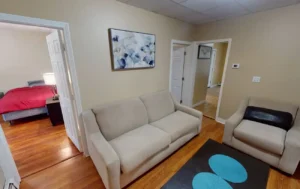
In addition, according to the AUDIT-C criteria, we identified 66 workers (33.7%; AS 5.0, CI 4.789–5.302) with harmful consumption in the NW group and 25 (12.8%; AS 4.40, CI 4.009–4.871) in DW group. We also found 15 NWs (7.7%; AS 5.7, CI 5.244–6.233) and 4 DWs (2%; AS 5.5, CI 2.453–8.547) tended to consume greater amounts of alcohol per occasion (Figure 3) (Table 2). If you think you may have a sleep problem or disorder, consider taking our brief sleep quiz to find out. Remember that only a healthcare professional or sleep specialist can diagnose a sleep condition.
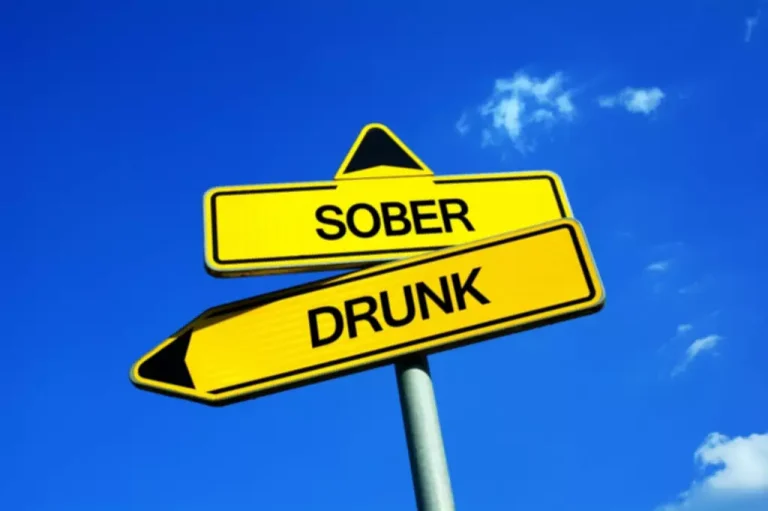
Will a small amount of alcohol affect my sleep?
Since workers have to sleep at different times than usual, they use different strategies to induce and improve sleep quality, including alcohol consumption 87,88,89,90. Based on the above premises, the purpose of this study was to firstly assess the association between night work and alcohol consumption and secondly the effect of alcohol on normal sleep, and the response to its use by people with insomnia disorder. Although this research had a limited sample size, it may make a further contribution to the investigation of the negative effects of night work as a possible risk factor for undesirable health effects and substance abuse.
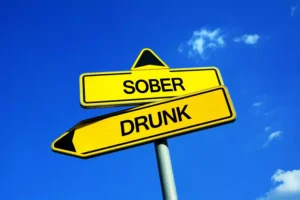
1. Common sleep-related problems
After a night of drinking, you may enter a deeper sleep than usual as soon as you fall asleep and spend less time in REM sleep. As the night wears on, you alcohol insomnia experience less deep sleep and more light sleep, leading to sleep disturbances and poor-quality sleep. It has been reported that there is a bidirectional relationship between sleep disorders and serious medical conditions, which are commonly related to work and age. In summary, alcohol misuse (heavy alcohol use and AUD) appears to be linked in a bi-directional fashion to sleep-related problems such as insomnia and circadian rhythm abnormalities. Furthermore, an evening chronotype and greater shifts in weekday-weekend sleep-wake schedules have been linked to alterations in the brain sensitivity to reward and possibly a change towards greater substance use behavior. The recommended treatment for insomnia disorder in the community, as well as those with AUD, is CBT-I.
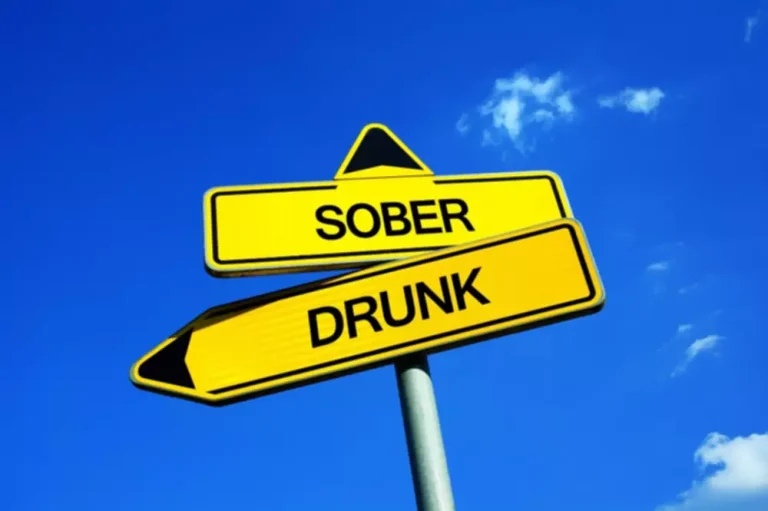
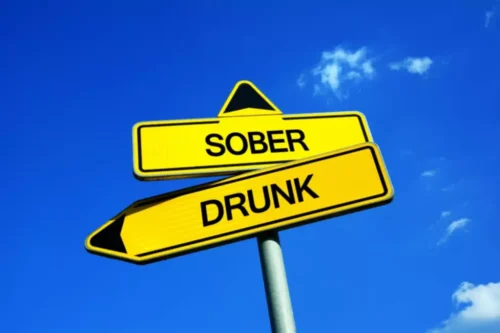
Insomnia from alcohol withdrawal is likely to persist through the initial period of abstinence. Insomnia after alcohol withdrawal may, in some cases, persist for months or years. Insomnia is one of the largest setback triggers for people in recovery from an alcohol use disorder. When a person has sleep apnea, they have interrupted breathing during the night. The condition is linked to fatigue as well as https://ecosoberhouse.com/ serious cardiovascular conditions like heart attack and stroke.
- The recommended treatment for insomnia disorder in the community, as well as those with AUD, is CBT-I.
- Many believe that rapid onset-rapid offset medications present the greatest risk for misuse (81), but these pharmacokinetic properties are desirable for sleep agents to allow rapid induction of sleep while avoiding morning lethargy.
- Individuals with insomnia have difficulty maintaining a consistent sleep schedule.
- People who get good-quality sleep typically have higher cortisol levels in the morning that decline throughout the day, reaching their lowest level at bedtime.
- We publish material that is researched, cited, edited and reviewed by licensed medical professionals.
These sleep-related breathing difficulties occur when soft tissues collapse and block the upper airway. In more serious cases, individuals suffer momentary lapses in breathing, followed by micro-awakenings that interrupt the progression of the sleep stages. The circadian rhythm also plays an important role in kidney function. While your internal clock regulates the kidney’s release of electrolytes and works to filter fluids, alcohol inhibits these processes.

